Wärtsilä Wins China’s Largest-Ever Methanol Newbuild Contract
Wärtsilä Technology Group has acquired the largest ever methanol newbuild order in China’s maritime sector.
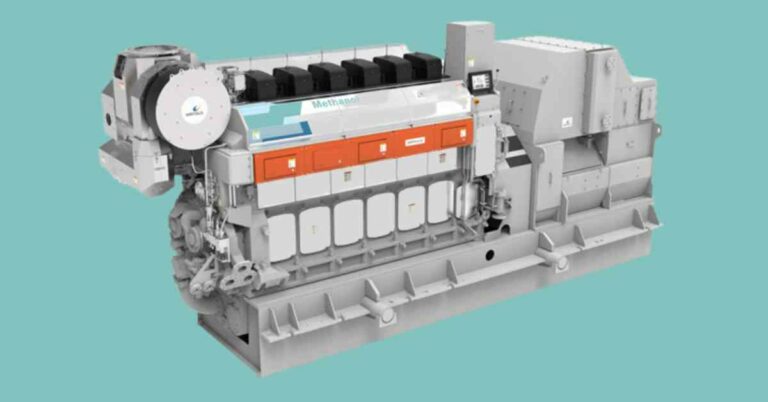
Wärtsilä Technology Group has acquired the largest ever methanol newbuild order in China’s maritime sector.

Researchers have delved into the conditions that are causing unprecedented delays in Antarctic Ice Expansion and ice retreat
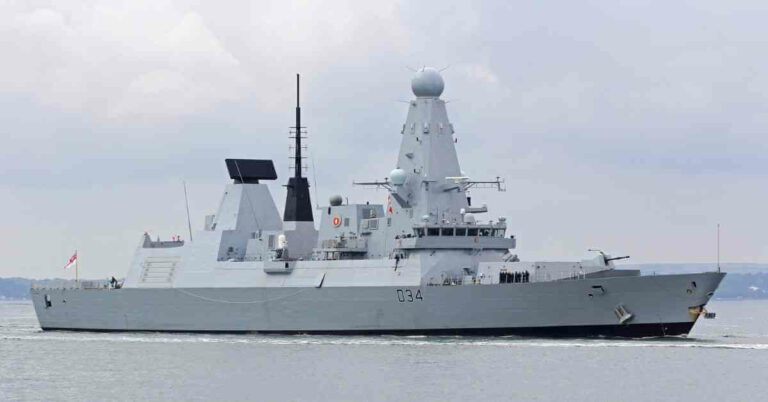
A Royal Navy destroyer successfully intercepted and destroyed a ballistic missile launched by the Houthis in Yemen.
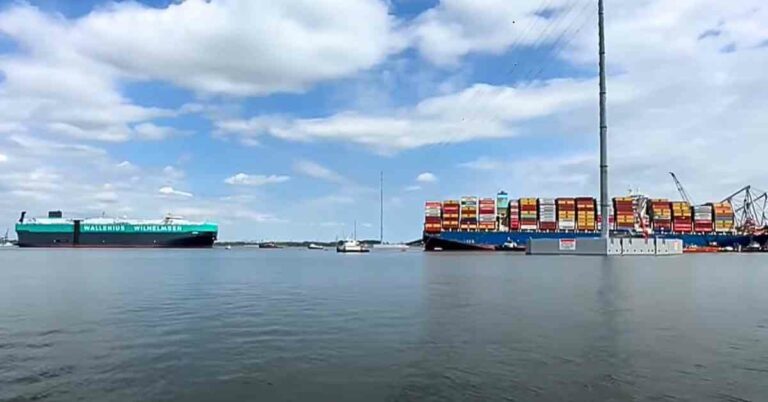
The first cargo ship successfully passed through a newly opened deep-water channel in Baltimore on April 25.
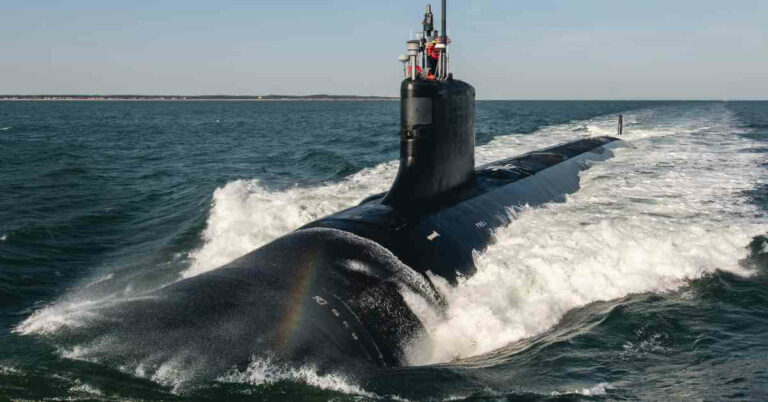
HII’s Newport News Shipbuilding branch had successfully delivered a fast-attack submarine dubbed the New Jersey to the US Navy.
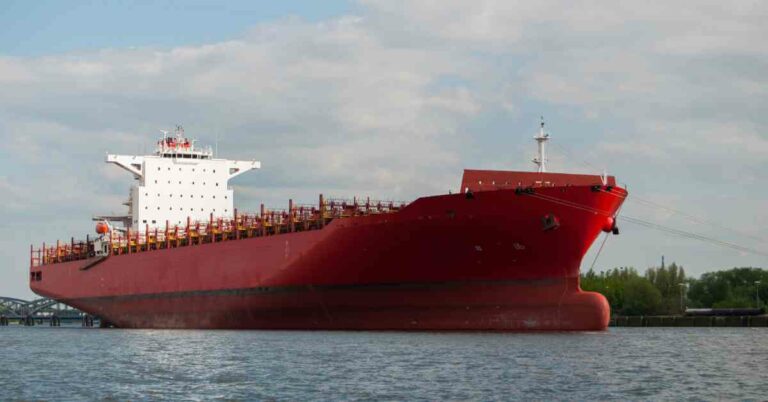
China is providing moorage to a US-sanctioned Russian cargo vessel implicated in the North Korean arms transfers to Russia.
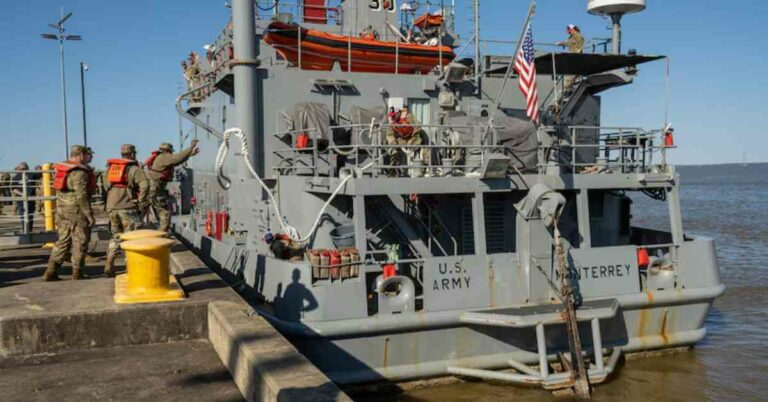
U.S. troops have begun the construction of a pier off the Gaza coast and aim to expedite the flow of humanitarian aid into the enclave.
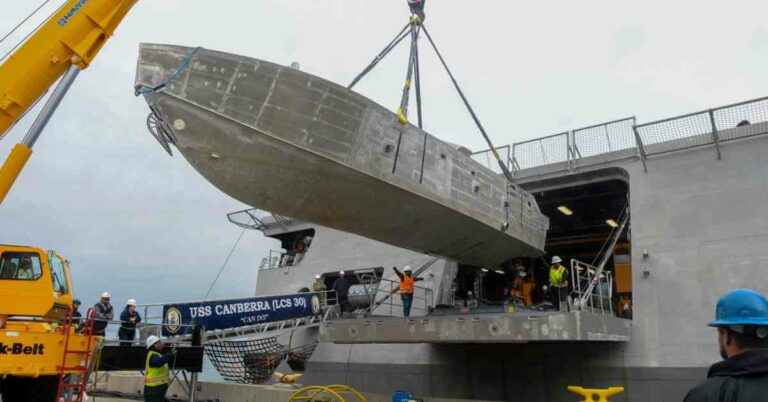
The U.S. Navy reportedly embarked on the first Mine Countermeasures Mission Package (abbreviated as MCM MP) on the USS Canberra on 18 April.
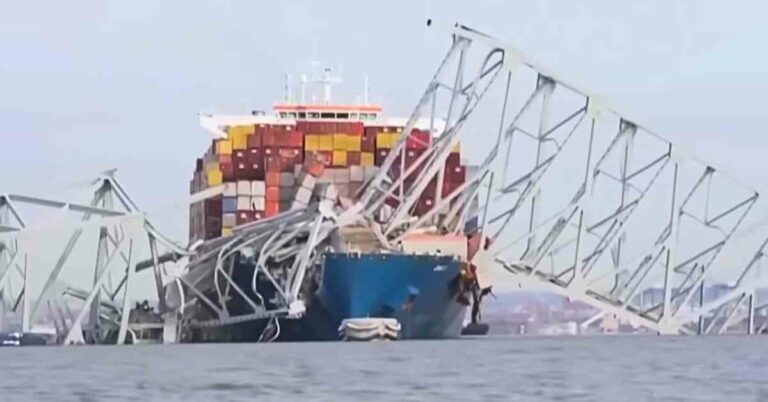
The City of Baltimore claims in court filings filed Monday that the ship’s owner and manager are directly responsible for the tragedy.
"*" indicates required fields